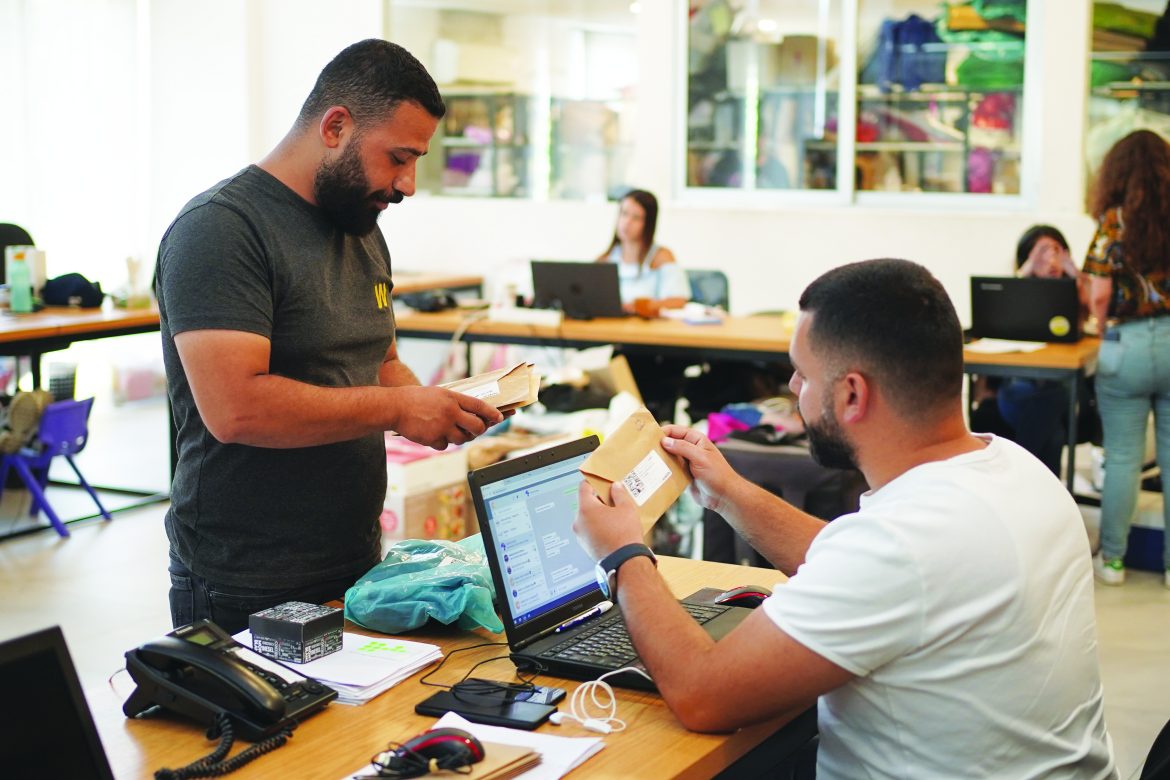Self-sustaining in a circular economy and crumbling state: Wakilni’s strategic roadmap
by Yusr Sabra & Omar Sabra
written by Yusr Sabra & Omar Sabra
Yusr Sabra
The CEO of Wakilni and is the Elect President for the Lebanese League for Women in Business

